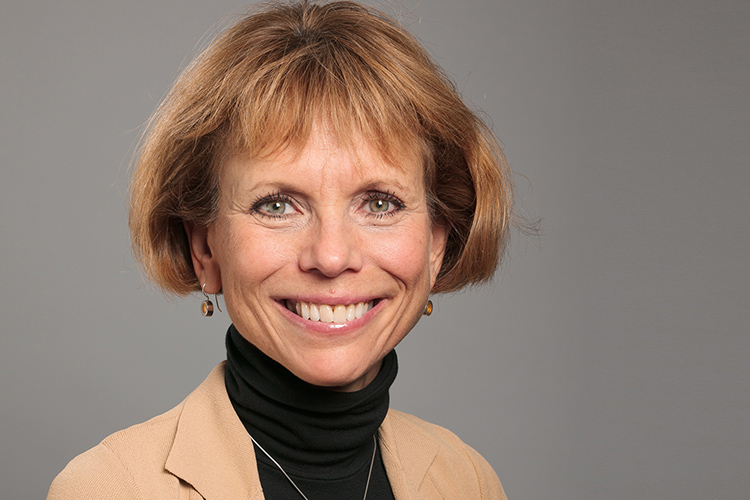Most organizations and universities recognize the importance of diversity training and education. However, questions remain about whether, and for whom, these efforts are effective. Does diversity education help employees and students develop the skills needed to work in an increasingly diverse workforce? What pretraining experiences, attitudes, and characteristics influence the effectiveness of diversity education? Are there specific techniques that can optimize the effectiveness of diversity education for students and employees?
A study by Belle Rose Ragins and Kyle Ehrhardt published in the Journal of Applied Psychology sought to answer these questions. Ragins is the Sheldon B. Lubar Professor of Management, specializing in mentoring, diversity, and positive relationships at work. Ehrhardt (PhD ‘14) is an Assistant Professor of Management at the University of Colorado Denver.
The researchers examined whether diversity courses in organizations and business schools increased participants’ perspective-taking abilities as well as their attitudes and beliefs about the importance of perspective taking and the need to improve this skill in their everyday lives. Perspective taking is the ability to consider alternative points of view and see the world from another’s perspective. This skill is critical for developing inclusive organizations, as perspective taking increases people’s ability to recognize racial inequalities and decreases their biases, prejudice, and stereotyping.
Ragins and Ehrhardt conducted field studies in organizations and academic settings. They found that although all participants experienced an increase in their beliefs about the importance of perspective taking and their need to develop this skill, only those with close cross-race friendships were able to improve their reported perspective-taking abilities. Those with cross-race friendships entered the course less likely to believe in a just world and more likely to see the value of diversity education, compared to those lacking such friendships. These beliefs may have motivated them to engage in classroom experiences that increased their perspective-taking abilities.
Another striking finding of the study was the unique potency of cross-race friendships as a pretraining experience. Other forms of interracial contact, racial attitudes and beliefs, and demographic variables (e.g., race, gender, and age) had no effect on participants’ ability to develop perspective-taking skills; the friendship effect held even after the researchers controlled for these variables.
Given the singular importance of cross-race friendships, Ragins and Ehrhardt conducted a third study that examined whether a simple perspective-taking exercise could increase participants’ willingness to develop cross-race friendships. Adult business students in a diversity course were randomly assigned to conditions at the beginning of the semester. Those assigned to the perspective-taking condition wrote a “day in the life” description of someone of a different race. This exercise increased their empathy, which in turn influenced their willingness to develop cross-race friendships by the end of the course compared to those in the control condition. The exercise also influenced their “diversity voice,” a form of allyship that involves speaking up for diversity and offering constructive suggestions for improving diversity in their workplace.
These findings affirm the importance of diversity education and offer an effective tool for diversity educators and training. Diversity training is often criticized for being ineffective in changing racial attitudes. However, by increasing willingness to develop cross-race friendships, diversity voice, and awareness of the importance of perspective taking and the need to develop perspective-taking skills, diversity education can provide an important first step toward changing resilient racial attitudes and creating more inclusive workplaces. This research also illustrates the power and potency of cross-race friendships. These relationships can fundamentally change people in ways that make them more open to diversity classes and the skills these classes can offer.
With this in mind, what can universities and organizations do to promote cross-race friendships? Supporting diverse student bodies and workplaces is a first step, but institutions can also provide more opportunities for deeper social interactions. For example, they can facilitate diverse friendships through integrated campus housing, diverse work teams, and hosting inclusive social events, retreats, and other programs.
Education and cross-race friendships provide a fundamental foundation for inclusive workplaces and communities. Combined, these experiences can help current and future workers build bridges, change attitudes, and see the world from another’s perspective.
This synopsis appeared in the APA Journals Article Spotlight.®
